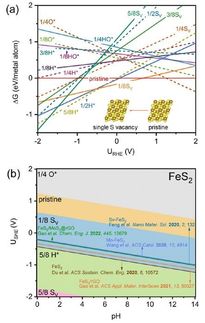A cascade of products
UK researchers have developed a cascade reaction strategy, to prepare heterocylic building blocks, using N-heterocyclic carbenes as catalysts.
Advertisement
The ability to combine many separate chemical steps into a single cascade protocol, to produce organic building blocks from simple organic starting materials, is highly desirable. N-heterocyclic carbenes (NHCs) are commonly used in organometallic processes, but have more recently been employed as organocatalysts and can promote very diverse series of reactions.
Andrew Smith and colleagues at the University of St Andrews, along with AnnMarie O'Donoghue and colleagues at the University of Durham, have demonstrated that sub-stoichiometric quantities of NHCs (5 mol%) can promote the formation of carboxyazlactones from azlactones in a two-step tandem reaction process. They have also been able to show that this protocol can be extended to multi-step reaction sequences.
The motivation behind this work was to develop 'nucleophilic catalysts that show wide functional group tolerance and are capable of promoting a range of selective and efficient chemical transformations,' said Smith.
Smith believes the next challenge is to introduce asymmetry into these sorts of cascade reactions which would allow the efficient production of enantiomerically pure products.
Original publication: Andrew Smith et al., Chem. Commun., 2008
Other news from the department science

Get the chemical industry in your inbox
By submitting this form you agree that LUMITOS AG will send you the newsletter(s) selected above by email. Your data will not be passed on to third parties. Your data will be stored and processed in accordance with our data protection regulations. LUMITOS may contact you by email for the purpose of advertising or market and opinion surveys. You can revoke your consent at any time without giving reasons to LUMITOS AG, Ernst-Augustin-Str. 2, 12489 Berlin, Germany or by e-mail at revoke@lumitos.com with effect for the future. In addition, each email contains a link to unsubscribe from the corresponding newsletter.





























































